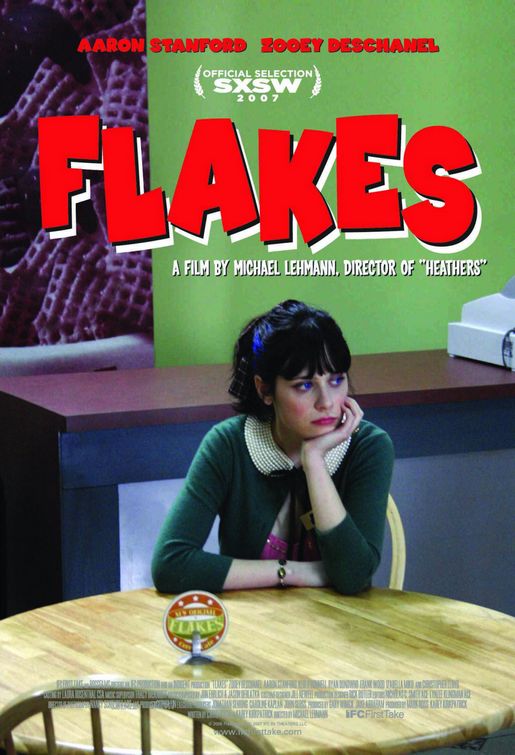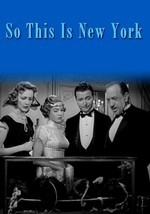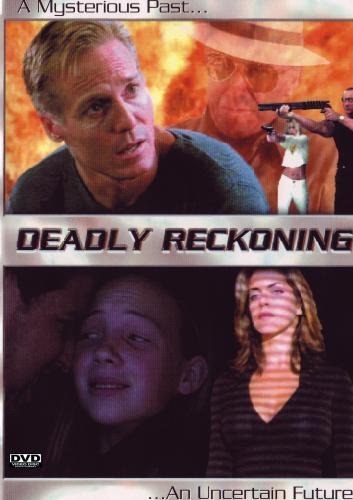Background: The charm of The Muppets is undeniable.The lovable puppet characters created by Jim Henson have been going strong for over 50 years. Henson may have passed away in 1990 at the young age of 53, but his creations live on. To this day, if you need a quality puppet made, you go to the Henson Workshop. They've appeared in countless movies, some in starring roles (Like The Muppet Movie, The Great Muppet Caper and the recently released The Muppets), but have also shown up in more unexpected places, like Spike Jonze's Where The Wild Things Are and the affable Jason Segel movie Forgetting Sarah Marshall. No matter where they are, you can always tell a Henson creation. Their big, bulging eyes, wide mouths and felt skin can be seen from a mile away.
The Muppets have always had a strong tie to Christmas. My personal favorite Christmas movie of all time is Muppet Christmas Carol. It's a yearly tradition at the top secret Depths Of Netflix headquarters to sing along with Michael Caine, Kermit and the gang and totally not be embarrassed in front of my girlfriend. Another favorite is the TV special Muppet Family Christmas which you can find on crummy DVDs if you look for it, it has Fraggles and that's pretty cool. Before all that though was Emmet Otter's Jug Band Christmas. And since it's December officially, I think we need a little Christmas. Right this very minute. They totally sing that song in Muppet Family Christmas, and I have a hard time not singing their lyrics instead of the real ones.
Plot: Emmet Otter starts the movie rowing a boat down a river, sharing a song with his mother and delivering laundry. Emmet and his mom are poor little otters. It's just the two of them. Emmet's dad was a Snake Oil Salesman who died a few ago. Songs are a key part of Emmet Otter's life and the charm of Emmet Otter's Jugband Christmas. Another key comes from the roving group of thugs known as The Nightmare. They're first introduced careening around town in their loud car, mouthing off to the local folk and making a ruckus in the music store.
The story revolves around a talent show with a prize of $50. The time period is never really stated, but it's implied that it's a lot of money. It would be more than enough for a new guitar that Emmet has his eyes on and his mom has quite the singing voice. Emmet wants to get his mom a nice present too, so he wants to enter with his newly formed jug band. The problem is that they both want to surprise each other and in order to get ready for the show, they each have to bet big with something the other needs. Ma needs to hock Emmet's tools to buy a dress and Emmet needs to put a hole in Ma's washtub to make a bass for his new band.
The night of the show fast approaches and the band practices all day long. Emmet's mom, meanwhile is busy making her dress. At the show, the real stars are the jerks from the Nightmare who entered late but they made an exception for. Where Emmet makes fun, folksy music, those guys make heavy hitting rock and roll and the small, sleepy town eats it up. Before Emmet and the gang have their chance at the stage, someone else sings their song and they have to quickly learn another one. The Nightmare go on to win the talent show, forcing Emmet and his Ma to come to terms with what each other have bet on the show. They end up joining their songs together and getting a job as a house act at a restaurant and everyone has a Merry Christmas.
Why Was It Forgotten? For all I said about Muppets being instantly recognizable, they really aren't in this movie. The characters are all charming and cute and the voices are unmistakable. Frank Oz and Jim Henson's voices cover just about all the main characters, some voices even sounding like the more recognizable Muppets. To oversimplify, the character design doesn't seem quite as sophisticated here. And who could blame them? They were making puppets for a weird project on a television special with likely little broad appeal. Speaking of a lack of sophistication, let's talk about walking. Walking Muppets have never looked great when the camera's zoomed out and you get to see their feet, but here it looks like some weird lock-kneed goose-step usually. Not quite there yet.
What Went Right? The music is some of my favorite music of any Muppet project. Which is saying something because the Muppets have always had great music. Though the story revolves around Christmas, the music is just good folk inspired music. It may just be the fact that I've seen this dozens of times, but the music really sticks with you. The story is earnest and the characters are fun, though it is fairly short so you don't spend as much time with them as you may like. For a Christmas special though, it's exactly what you look for.
Verdict: Come for the otters, stay for the music
Score: 90%













